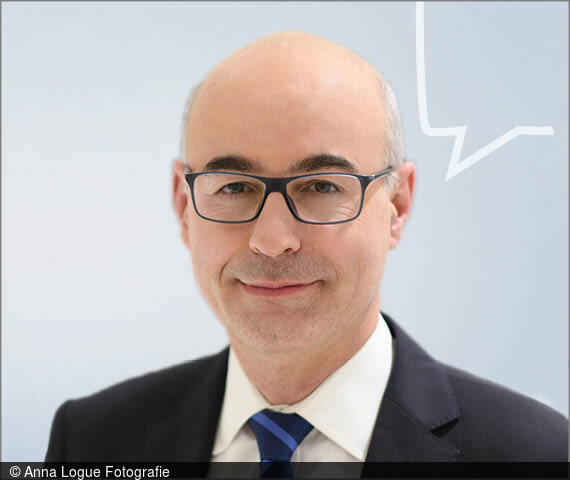Open and Fair Markets in Europe
CommentZEW President Achim Wambach on the French Presidency of the Council of the EU
On 1 January 2022, France will take over the rotating presidency of the Council for six months under the motto “Recovery, strength, and a sense of belonging”. During this period, the French presidential and legislative elections will take place. This coincidence could create some tension. The president of ZEW Mannheim, Professor Achim Wambach, has commented on this matter:
“The tasks facing the French presidency are huge. Europe is only slowly recovering from the COVID-19 crisis, and at the same time, far-reaching steps must be taken to set the course for structural change towards a climate-neutral economy. The French presidency of the Council has the task of keeping an eye on these goals and working out compromises in the Council between the EU Member States as well as between the Council, the Parliament and the Commission. It remains to be seen whether the French elections will shift national concerns more into focus and whether this will affect the ability to reach compromises.
This will be revealed by France’s climate policy and commitment to the implementation of the ‘Fit for 55’ climate package presented by the EU Commission. France has announced its intention to adopt the Carbon Border Adjustment Mechanism and to increasingly anchor climate goals in European trade policy. These measures should be combined with the establishment of an international climate club in order to avoid Europe being sealed off under the guise of climate policy.
The French government is keeping a low profile regarding the introduction of a European emissions trading system for fuels used in road transport and buildings. This system is a key component of the EU Commission’s plans to achieve Europe’s ambitious climate targets. It will require great dexterity from France, which is sceptical about this instrument because of its effects on petrol and diesel prices, to act as a neutral mediator between the Member States in this regard.
France is planning a series of measures to promote the ‘strategic sovereignty of Europe’. For example, the so-called ‘Important Projects of Common European Interest’ (IPCEI), which allow state support for companies under facilitated conditions, are to be used to a greater extent. It is important to ensure that this instrument is used selectively in research-intensive sectors with key technologies and not as a tool for creating alleged European champions.
In order to strengthen Europe’s digital sovereignty, it will be important to conclude the negotiations on the Digital Markets Act (DMA) and the Digital Service Act (DSA). The aim of the DMA is to create open and fair markets in the digital sector. The new regulations are particularly necessary with regard to operators of digital ecosystems that transfer their market power from one market to neighbouring markets. However, the general focus on gatekeepers, as provided for in the DMA draft, is too far-reaching.
In the next six months, Europe will have to make crucial decisions about its economic recovery and structural transformation towards a climate-neutral economy. Europe is best served if these decisions do not lead to a sealing off of Europe, but follow the principle of open and fair markets.”
